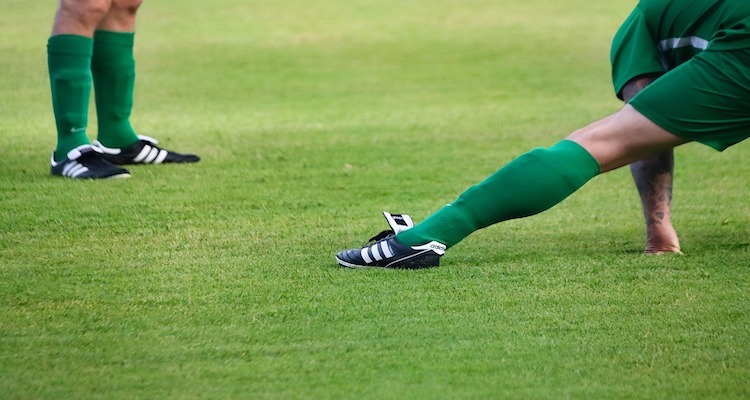
Yoga is a practice that originated in ancient India and has since spread to become a popular form of exercise and spiritual discipline around the world. At its core, yoga is a system of physical postures, breathing techniques, and meditation that is designed to promote physical, mental, and emotional well-being.
There are many different styles and types of yoga, each with its own unique approach and focus. Some styles, like Hatha yoga, emphasize physical postures and movements, while others, like Kundalini yoga, focus more on meditation and breathwork.
In addition to the physical and mental benefits of yoga, many people also find that it helps them to cultivate a sense of inner peace, balance, and connection with something greater than themselves. Ultimately, yoga is a practice that can be adapted to suit the needs and preferences of each individual practitioner, making it a versatile and accessible tool for improving overall health and well-being.
Many famous football (soccer) players have spoken about using yoga as a way to improve their performance and stay injury-free. Some examples include:
These are just a few examples of the many football players who have spoken about the benefits of yoga for their performance and overall health.
The practice of yoga can be very useful for football players in several ways:
Overall, incorporating yoga into their training routine can help football players improve their physical and mental performance on the field, reduce the risk of injury, and enhance their overall health and well-being.
There are many types of yoga exercises that can be useful for football players, but here are a few examples:
These are just a few examples of the many yoga exercises that can be useful for football players. The specific poses and sequences that are most useful will depend on each player's individual needs and goals.
Many yoga teachers offer yoga classes that would benefit football players and you can search for yoga and other sport performance specialists on our directory. Other performance preparation strategies, such as mindfulness and pre-performance routines can also be beneficial. Regardless of what approach you take you should always consult with a qualified practitioner. You can search for the sport performance specialist you need by location or specialism.
